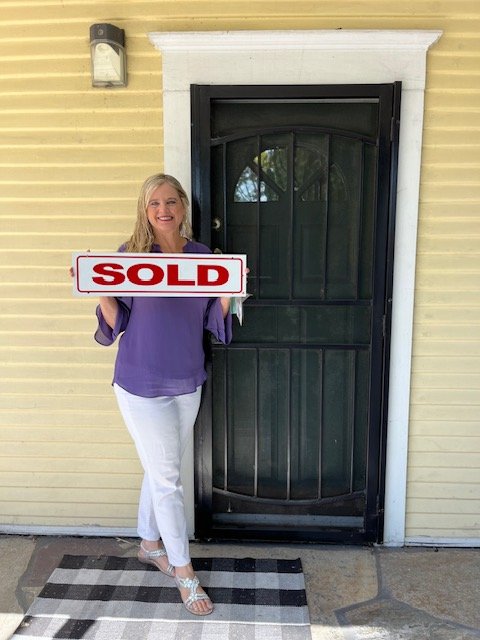
- calendar_month May 7, 2020
- folder Legal Corner
Sharing Tags
3051 Saint Albans Dr Rossmoor, contingency, deposit, EMD, loan contingency, purchase agreement

If you ask the Buyer or Seller in most real estate transactions to define an Earnest Money Deposit (EMD), they will likely describe it as a down payment put toward the purchase of a property. While an EMD may eventually be applied to the purchase price of a home, its true purpose is something entirely different.
In short, an EMD shows the Seller that the Buyer is serious or “earnest” about their purchase. The EMD acts as a disincentive to Buyers who may be inclined to place offers on several properties. The EMD places a consequence on a Buyer who may want to walk away from a transaction. The theory is: a Buyer is less likely to walk away from a transaction if they may lose their money.
The EMD is also crucial to a Seller. Once the Buyer and Seller come to terms and enter into a purchase agreement, the Seller takes the property off the market to complete the purchase. If the purchase ends with both sides fulfilling the terms of the purchase agreement, there is no issue. However, what happens if the property is taken off the market to complete the transaction and the Buyer suddenly gets cold feet? How is a Seller compensated for keeping the property off the market during this time? Enter the EMD. The EMD provides the Seller with security, with the peace of mind that the Buyer is serious about the transaction. If they attempt to walk away from the deal, the EMD can be recovered.
While we know the EMD is important to both sides of any real estate transaction, is it required? The short answer is no. There is no specific law requiring Buyers to include an EMD with their offer. Even so, Sellers rarely enter into a purchase agreement with a Buyer if an EMD is not part of the offer.
Since we know an EMD should be made, the question then is: how does a Buyer formulate their EMD? Is there any “rule of thumb” to follow for the amount? The answer is yes. Generally, Buyer’s EMDs are between 1% and 5% of the purchase price. Other elements factor into the formulation of the EMD. For example, a higher EMD makes an offer more attractive to the Seller, as it communicates a strong desire to finalize the deal. By contrast, some Buyers prefer to have the least amount of money on the line, in case they must back out for a reason not covered by a contingency. As you can see, the formulation changes depending on the circumstances of the deal.
After the parties agree on the terms of purchase, how can a Buyer avoid forfeiting all or part of the EMD? As most are aware, a purchase agreement is based on a series of contingencies that the Buyer agrees to remove at certain periods leading up to the close of escrow. Each contingency is an “escape” for a Buyer. If a contingency cannot be removed, the purchase agreement allows a Buyer to cancel the contract. Generally, a Buyer who cancels their agreement because they are unable to remove a contingency will receive their entire EMD. Most, if not all, purchase agreements contain language that requires the return of the EMD in certain situations, such as the failure to remove the loan contingency or issues that arise regarding the condition of the property.
Nevertheless, which circumstances would cause a Buyer to forfeit the whole or a portion of the EMD? A Buyer who, for any reason, breaches the purchase agreement or fails to remove a contingency in a timely manner is at risk of losing at least some of the EMD. This highlights the key to the full recovery of a Buyer’s EMD: time. The longer the property is held off the market, the less likely a Buyer will recover all or a portion of their EMD. Also, if for some reason the Seller incurs any expenses as a result of the Buyer’s transaction, they will likely attempt to recover the costs from the EMD. From the Seller’s perspective, they want to be in the same place they were before entering into the purchase agreement. As a Seller, they do not want to have incurred any cost from a Buyer who breaches the purchase agreement or gets cold feet.
In closing, Buyer and Seller must recognize how significant an EMD is, as it provides the commitment and security needed in every successful real estate transaction.
